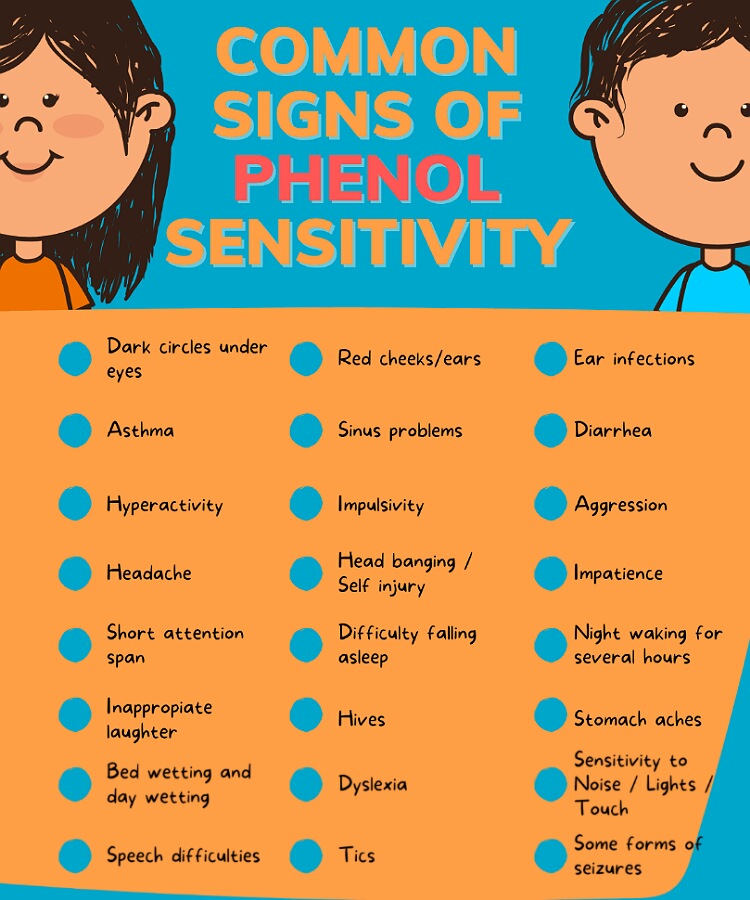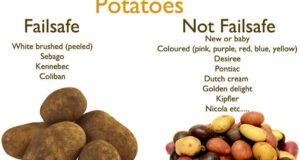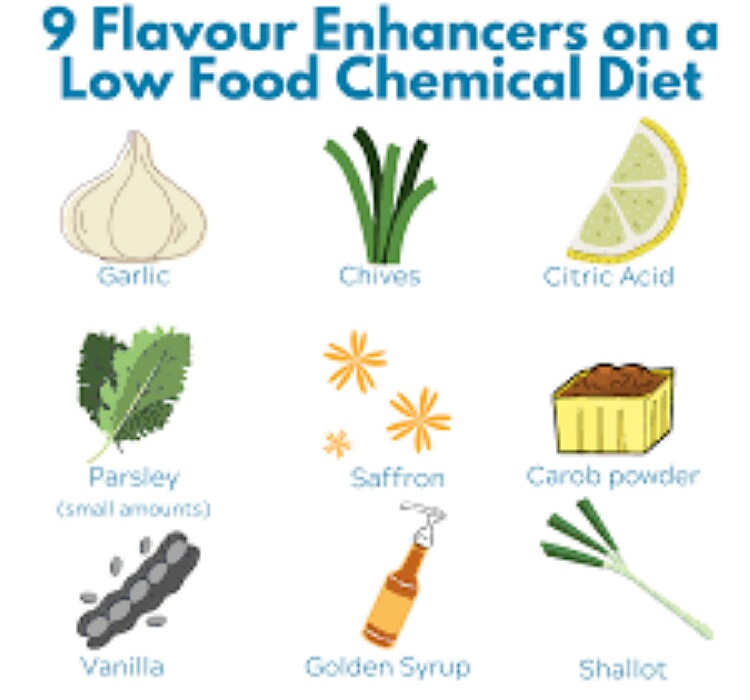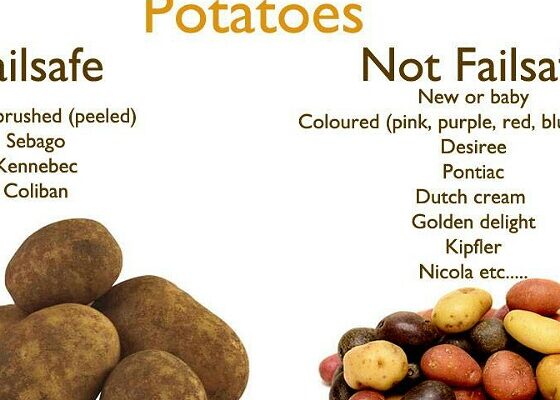FAILSAFE diet is a type of elimination diet for ADHD, mood disorders, some food intolerances and sleeping disorders. What are the foods eliminated in this diet? What foods can be eaten in it? Is it healthy? Is it effective for the conditions?
Failsafe diet
FAILSAFE diet is a kind of elimination diet. In this, certain foods are eliminated. These include food additives, salicylates, amines and glutamates. Later, after the symptoms clear the foods containing these are introduced one by one to identify the culprit and completely eliminate it from the diet. In the meantime, other foods that were not responsible for the symptoms can be continued to be eaten.
The term FAILSAFE stands for Free of Additives, Low in Salicylates, Amines, and Flavor Enhancers.

All fresh foods containing salicylates, amines and glutamates naturally and those containing these as added chemicals in the form of food additives and preservatives are removed from the diet. The indications for this diet are mood disorders including the ADHD or Attention Deficit Hyperactivity Disorder, sleeping disorders, and certain food intolerances.
Sue Dengate from Australia coined this term. It is not a gluten or casein free diet. Also, it is not a low FODMAPs diet. This diet was developed by researchers of the Royal Prince Alfred Hospital in Sydney, Australia. It was because they noticed that certain people had some symptoms similar to allergies and these were not immune-mediated.
Moreover, these individuals had varying degrees of tolerances to certain foods. By this diet, one can come to know what the person is intolerant to and also what amount he or she can consume safely without having symptoms.
Foods eliminated
Strong tasting and strong smelling chemicals are not to be eaten in this diet. These include:
Food additives-50 of them including colors such as sunset yellow and tartrazine, flavors, preservatives, antioxidants such as nitrates, sulphites, benzoates, sorbates, parabens.
Salicylates-Aspirin, polyphenols that are present naturally in certain fruits and vegetables.

Neurotransmitters in foods-such as glutamates like MSG and amines like histamine, tyramine, serotonin, dopamine, phenyethylamine. These are present in aged and fermented foods such as cheese, hung meat, chocolates etc.
Aromatic chemicals-present in perfumes, cosmetics, cleaning products, and colored toiletries.
Certain drugs- such as aspirin, NSAIDs, and other COX-II inhibitors. Check also the topical preparations that might contain these chemicals. Avoid them.
Usually, the elimination period can be as low as 2 weeks in smaller babies to as long as 4-6 weeks in older age group patients. Some cases that are severe might even require 3 months for clearance of symptoms.
This diet is like a scientific experiment. First control all variables and then reintroduce them gradually to know which harms and in what quantities. One needs to keep a food diary to record everything properly. There might be some withdrawal symptoms initially that will clear with time.
Is the diet healthy?
If performed properly and under medical guidance, this diet is safe and nutritious. You are allowed to eat all fresh foods such as eggs, meat, whole dairy and dairy products, legumes, whole grains, pulses, and beans. Eat sensibly and in a balanced way. Do not overeat fatty foods and those with high carbs in them. Have adequate protein intake.
Read here: Ulcerative colitis: Advice for flare-ups and elimination foods!
For vitamin C, one can eat Brussels sprouts, potatoes, and cabbage. Alternatively, one can have ascorbic acid pills. Calories can be in adequate amounts with the allowed foods. Also no nutritional deficiencies would be seen if proper diet as advised is followed. Take professional help and advice always for it.
For all these conditions, the diet might prove useful. For ADHD, drugs should be continued and this diet used as a complementary therapy. Normal children given foods and drinks with these additives had increased hyperactivity.

A trial with this diet is encouraged since studies have shown that elimination diets can help most patients of these conditions. There are no studies of FAILSAFE diet with pharmacological treatments. Compliance with the diet can be an issue especially in kids.
